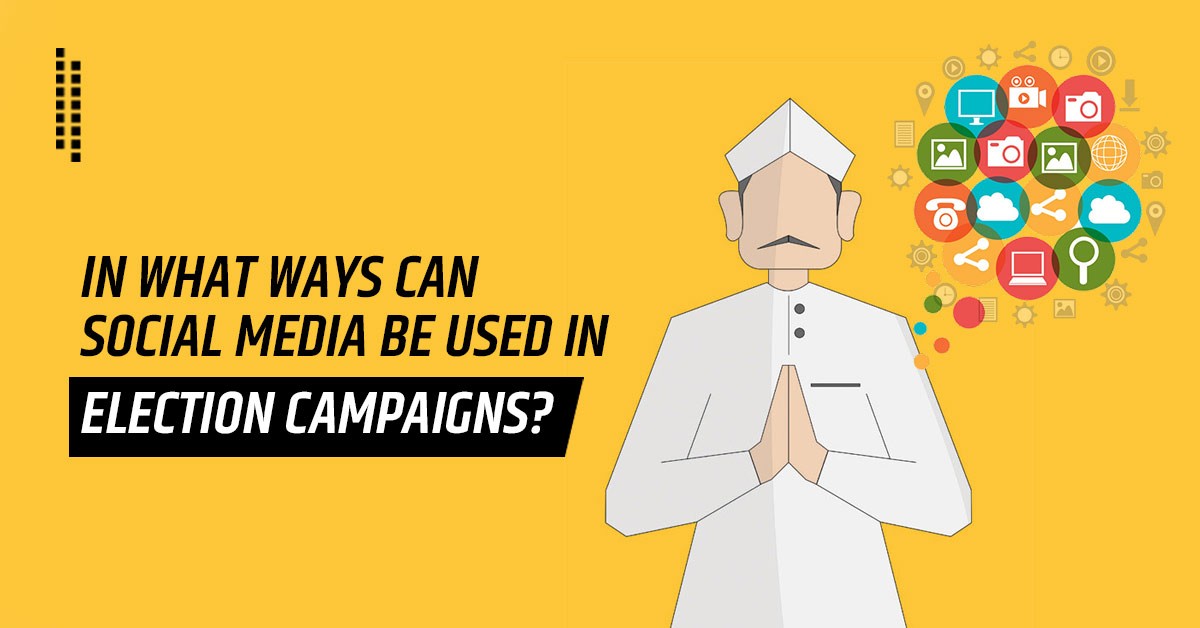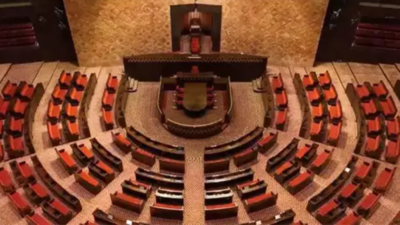In today’s digital age, social media has become an integral part of our daily lives. From connecting with friends and family to promoting businesses, social media platforms have proven to be a powerful tool for communication and marketing. But its impact doesn’t just end there – in recent years, social media has also played a significant role in political campaigns.
The traditional methods of door-to-door canvassing, rallies and television ads are no longer the only ways for politicians to reach out to potential voters. With the rise of social media, politicians have found a new platform to engage with citizens and promote their agenda. In this article, we will explore the importance of social media marketing in political campaigns and how it has changed the landscape of political communication.
Reach A Wider Audience
One of the biggest advantages of social media in political campaigns is its ability to reach a wider audience. Unlike traditional methods, social media platforms are not limited by geographical boundaries or time constraints. With just one click, politicians can broadcast their message to millions of people around the world.
This level of accessibility and reach has allowed for greater engagement with citizens who may not have been previously interested in politics. Social media has made it easier for politicians to connect with younger demographics, who are known to be active on various platforms. This has expanded the potential voter base and increased the chances of gaining support from new audiences.
Cost-Effective Campaigning
Running a political campaign can be an expensive endeavor, with the need for travel expenses, event costs and advertising fees. However, social media has opened up a cost-effective avenue for politicians to reach out to potential voters. With minimal financial investment, candidates can create their pages or accounts on various platforms and share their messages at little to no cost.
This has been particularly beneficial for independent or lesser-known candidates who may not have access to large campaign budgets. Social media allows them to compete with well-funded opponents on a level playing field, without breaking the bank.
Real-Time Feedback and Engagement
One of the most significant advantages of using social media in political campaigns is the ability to receive real-time feedback and engage with citizens. Unlike traditional methods where communication is mostly one-way, social media allows for a two-way dialogue between politicians and voters.
Through comments, likes and shares, candidates can gauge public opinion and adjust their strategies accordingly. This level of engagement not only helps in building a stronger connection with potential voters but also allows for a better understanding of their concerns and issues that matter to them.
Humanizing the Candidate
In political campaigns, candidates need to connect with voters on a personal level. Social media has
made this easier by allowing politicians to humanize themselves through behind-the-scenes footage, personal stories, and authentic interactions with citizens.
Instead of relying solely on carefully crafted press releases and speeches, politicians can now showcase their personalities and values through social media. This helps in building trust and relatability with voters, making them more likely to support the candidate.
Targeted Messaging
Social media platforms have advanced targeting capabilities that allow for specific messaging to be delivered to a particular audience. In political campaigns, this is particularly useful as candidates can tailor their message according to the demographics and interests of potential voters.
For example, if a politician wants to target young voters interested in environmental issues, they can create content specifically geared towards this group and promote it on social media platforms. This personalized approach helps in creating a stronger impact and resonates with different voter groups.
Rapid Response to Controversies
In today’s fast-paced digital world, news travels at lightning speed. This is why having a strong social media presence is crucial for politicians in dealing with controversies or negative press.
Through immediate and direct communication on social media, candidates can quickly respond to allegations and address any concerns raised by the public. This helps in controlling the narrative and preventing any false information from spreading.
Building an Online Community
Social media has given political campaigns the unique opportunity to build an online community of supporters. By creating engaging content, encouraging discussions and showcasing their values, politicians can attract a loyal following on social media.
This community not only serves as a platform for promoting the candidate’s agenda but also creates a network of supporters who can spread the message to their networks. This organic reach is invaluable in building a strong campaign presence and gaining support.
Creating Engaging Content
To build an online community, politicians need to create engaging content that resonates with their target audience. This can include a variety of media such as videos, images, infographics and written posts. The key is to keep the content relevant, informative and visually appealing.
Videos have become an increasingly popular form of content on social media platforms like Facebook and Twitter. They allow for more dynamic storytelling and can capture the attention of viewers more effectively than simple text posts. Infographics are also a great way to present complex ideas in a visually appealing manner, making them easily shareable among followers. Overall, creating diverse and interesting content is crucial in keeping the community engaged and growing.
Encouraging Discussions
A successful online community not only involves one-way communication from the politician but also encourages discussions and feedback from followers. This can be done through creating polls, asking for opinions on current issues or hosting live Q&A sessions. By actively involving followers in the conversation, politicians can build a sense of inclusivity and strengthen the relationship with their supporters.
Politicians need to listen to the concerns and opinions of their followers and address them respectfully. This not only shows that they value their supporters’ input but also helps to establish trust within the community.
Showcasing Values
An online community is not just about promoting a political agenda, it’s also about showcasing the values and beliefs of the candidate. Through their social media presence, politicians can demonstrate their commitment to important issues and connect with followers who share similar values. This can be achieved through sharing personal stories, highlighting community initiatives and participating in meaningful discussions on relevant topics.
By consistently showcasing their values, politicians can attract like-minded individuals to join their online community and create a strong network of supporters who are passionate about the same causes.
Expanding Reach
The power of an online community lies in its ability to expand its reach beyond just the immediate followers. Supporters can easily share content from the politician’s social media accounts with their networks, creating a ripple effect that allows for maximum exposure.
Politicians need to encourage their followers to share their content and engage with others on social media. This not only helps to increase the reach of the campaign but also fosters a sense of community among supporters.


